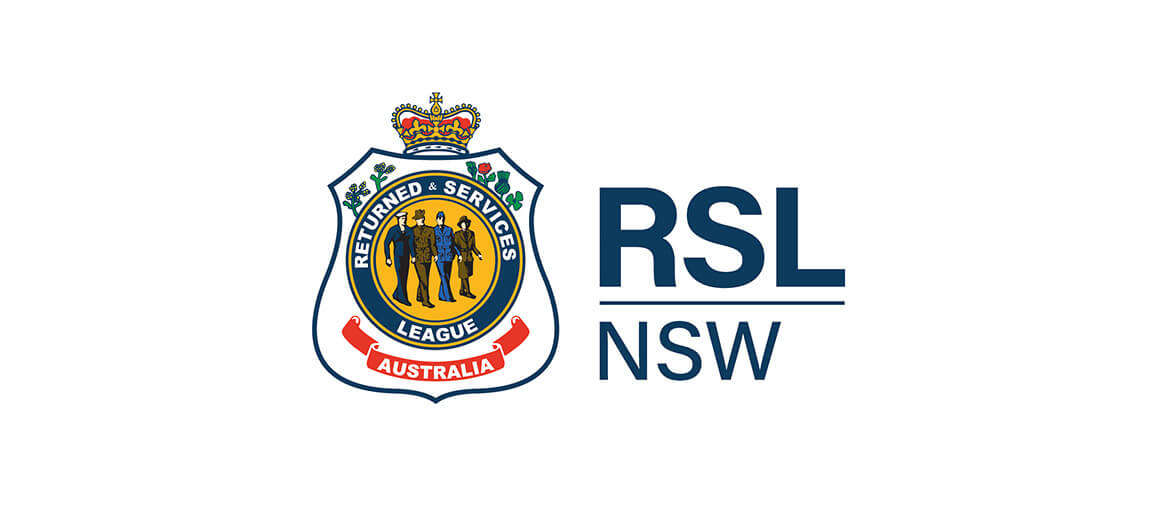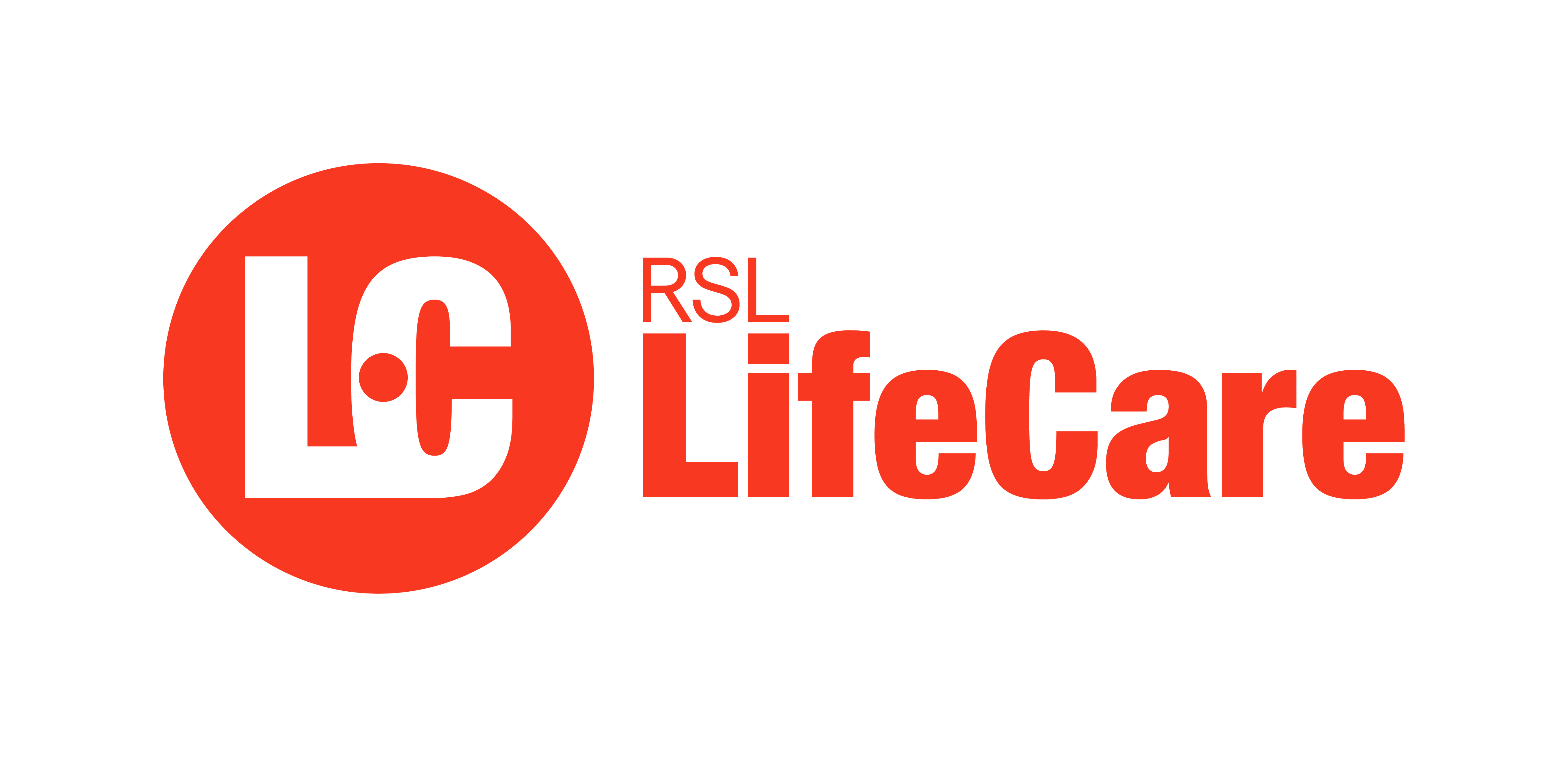RSL Australia outlines budget wins for government to improve veteran healthcare and to address Royal Commission outcomes

Australia’s largest ex-service organisation has outlined a list of critical budget policy initiatives to immediately improve access to services and entitlements for veterans and their families.
RSL Australia has made a detailed pre-budget submission to the Australian Government calling for financial provisions to break down bureaucracy in the Department of Veterans’ Affairs and for funding to be made available for the prompt implementation of recommendations of the Royal Commission into Defence and Veteran Suicide.
RSL Australia President Greg Melick says the 2023-24 Budget is the starting point in securing funding and addressing policies that will make a material difference to the health and wellbeing of veterans and their families in Australia.
“The forthcoming Budget provides the Australian Government with the opportunity to comprehensively change the way Australia treats its veterans,” Mr Melick said.
“An appropriate Budget response will ensure that our service men and women are able to experience a healthy transition from service, engage in fulfilling civilian careers and continue to make positive social and economic contributions to our nation.”
The budget submission calls for the Government to work towards merging the three veterans’ entitlements Acts, which will have an immediate impact on the claims backlog within the Department of Veterans’ Affairs (DVA).
The RSL has also made suggestions for the removal of significant barriers currently faced by veterans when accessing timely and appropriate healthcare, particularly by reviewing and increasing the DVA fee schedule to better align it to the actual cost of healthcare. If implemented, this will also result in a reduction in the administrative burden placed on healthcare providers in accessing DVA remuneration.
Mr Melick said it is critical that the Government invests in the enhancement of the DVAs Advocacy Training and Development Program for volunteer and paid advocates to assist veterans navigate the DVA claims process.
‘RSL Australia is urging the Government to comprehensively change the way Australia treats its veterans,” Greg Melick said.
“The RSL’s submission calls for the next Federal Budget to provide funding to support this process.”
According to the 2021 National Census, one in 20 Australian households include at least one person who has served or is currently serving in the Australian Defence Force, representing a significant cohort of the general population.
RSL Australia welcomes the National Cabinet’s commitment to making health its first priority for 2023. The RSL stands ready to work with all levels of government to ensure that the men and women who have served our country can access the healthcare the Prime Minister says they deserve.
Overview of RSL Australia submission:
-
Prompt implementation of the recommendations of the Royal Commission into Defence and Veteran Suicide, including funding for the establishment of an independent body to oversee this, led by a National Commissioner for Defence and Veteran Wellbeing.
-
The Government to simplify and bring together the three current legislative Acts for a cohesive approach to veterans’ entitlements – with the end goal being a reduction in the Department of Veterans’ Affairs (DVA) claims backlog to ensure veterans and their families are not left waiting for entitlements designed to support their health and wellbeing.
-
The immediate extension of non-liability healthcare for mental health treatment to ADF reservists on completion of the enlistment process.
-
Veterans to have the support of trained advocates to help them navigate the DVA claims process through the provision of funding to enable DVA to enhance its Advocacy Training and Development Program for volunteer and paid advocates.
-
The removal of significant barriers currently faced by veterans when accessing timely and appropriate healthcare, particularly by reviewing and increasing the DVA fee schedule to better align it to the actual cost of healthcare.
-
A tangible reduction in the administrative burden placed on healthcare providers in accessing DVA remuneration.
RESOURCES:







